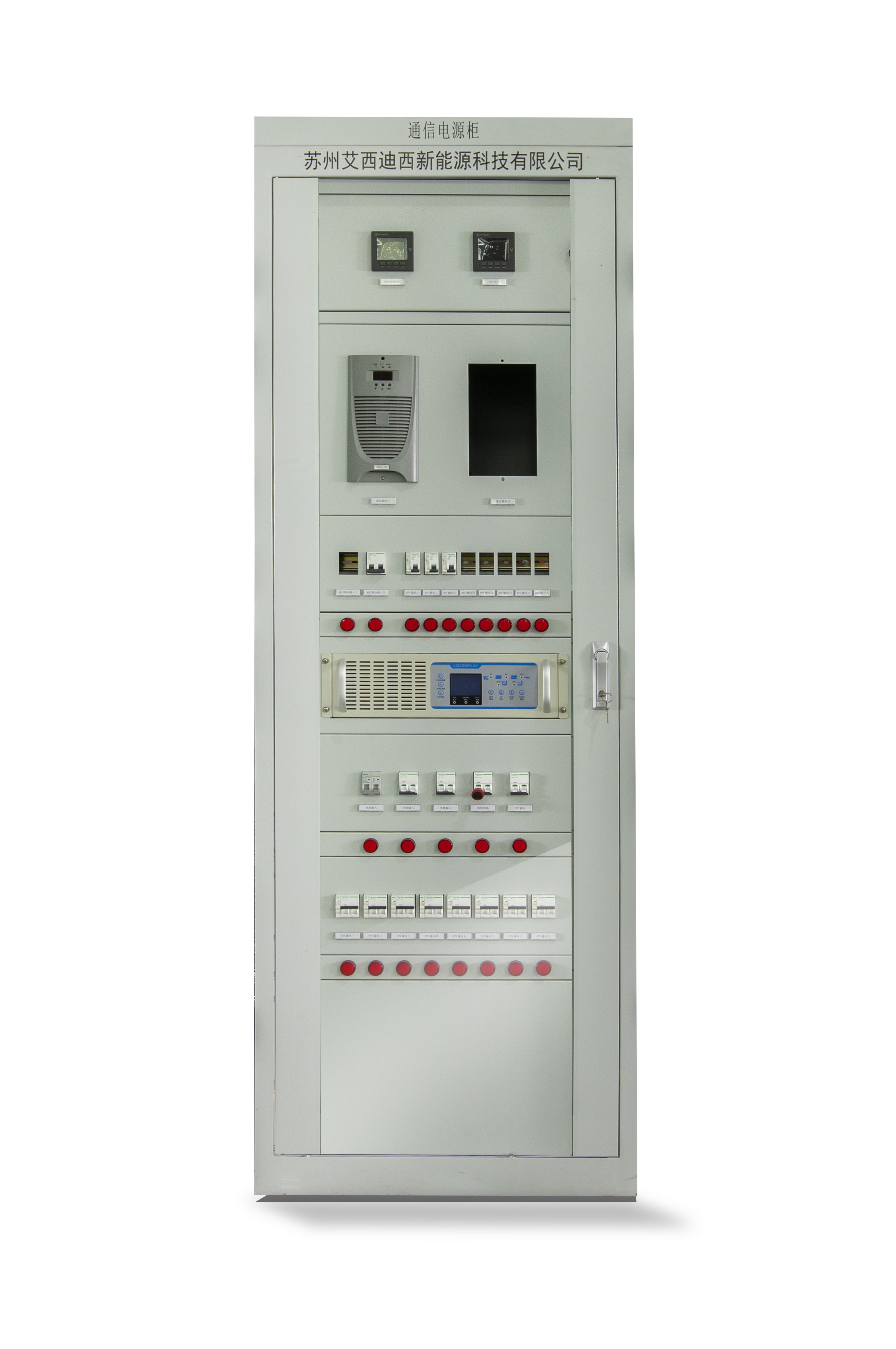
Nov . 08, 2024 02:28 Back to list
Innovative Solutions for Energy Self-Storage Products and Technologies
Energy Self-Storage Products Revolutionizing Energy Management
As the world increasingly shifts toward renewable energy sources, the demand for efficient energy storage solutions has surged. Energy self-storage products are at the forefront of this evolution, providing individuals and businesses with the ability to manage, store, and utilize energy more efficiently. This article explores the significance, benefits, and future of energy self-storage solutions, highlighting how they can transform our approach to energy consumption.
Understanding Energy Self-Storage
Energy self-storage refers to technologies that allow users to capture and store excess energy produced from renewable sources, such as solar panels or wind turbines. These systems come in various forms, including batteries, thermal storage systems, and even innovative solutions like compressed air systems. The idea is to harness surplus energy generated during peak production times and release it during periods of high demand or low production.
The Significance of Energy Self-Storage
The importance of energy self-storage cannot be overstated. With the increasing integration of renewable energy into power grids, maintaining balance and reliability in energy supply has become a significant challenge. Energy self-storage systems act as buffers, allowing for the smooth integration of intermittent energy sources. For instance, during sunny days, solar panels produce more power than necessary. Instead of allowing this energy to go to waste, it can be stored for later use, ensuring a consistent energy supply even when sunlight is not available.
Moreover, as electric vehicles (EVs) become more prevalent, energy self-storage products can play a crucial role in managing the charging requirements of these vehicles. By strategically charging EVs when energy supply is high or costs are low, users can significantly reduce their energy expenses and ease the stress on the grid.
Benefits of Energy Self-Storage
One of the primary advantages of energy self-storage products is their potential for cost savings. Users can minimize their reliance on grid electricity, especially during peak hours when prices are highest. By utilizing stored energy during these times, consumers can not only lower their energy bills but also contribute to the stabilization of the grid.
energy self storage product

Additionally, energy self-storage enhances energy independence. Households with solar panels and battery storage can become less reliant on the utility company, reducing vulnerability to price fluctuations and outages. This independence is particularly valuable in regions prone to extreme weather events or other disruptions.
Energy self-storage also supports sustainability goals. By maximizing the use of renewable energy and minimizing waste, we can reduce our carbon footprint significantly. Transitioning to self-storage solutions aligns with global efforts to combat climate change and promotes cleaner energy use.
Challenges and Future of Energy Self-Storage
Despite the numerous benefits, energy self-storage products face challenges. The initial investment can be significant, and consumers may need to navigate complicated government incentives and rebates. Additionally, as with any emerging technology, concerns about efficiency, longevity, and disposal of storage systems must be addressed.
However, the market for energy self-storage is expected to grow substantially in the coming years. Advances in battery technology, particularly lithium-ion and solid-state batteries, are leading to lower costs and improved performance. As these technologies continue to develop, energy self-storage solutions will become more accessible to a broader audience.
In addition, the rise of smart home technology and the Internet of Things (IoT) will further enhance the efficiency of energy self-storage. Smart systems that monitor energy production, consumption, and storage can optimize usage patterns, making self-storage products even more effective.
Conclusion
Energy self-storage products represent a groundbreaking shift in how we manage energy consumption and sustainability. By allowing users to capture and store energy from renewable sources, these solutions not only promote cost savings and energy independence but also contribute to a greener and more sustainable future. As technology continues to evolve, the potential for energy self-storage will only grow, paving the way for a cleaner, smarter energy landscape that benefits both consumers and the planet.
-
Advanced AI Energy Management with GPT-4 Turbo
NewsAug.02,2025
-
AI-Powered EMS with GPT-4-Turbo | Efficiency Boost
NewsAug.01,2025
-
Optimized Storage System for GPT-4-Turbo | High Performance
NewsJul.31,2025
-
AI Energy Management System w/ GPT-4 Turbo Efficiency
NewsJul.31,2025
-
High-Performance Energy Storage System for Reliable Power Solutions
NewsJul.30,2025
-
Advanced EMS Solutions for Energy Management System & Storage Battery Companies
NewsJul.29,2025























